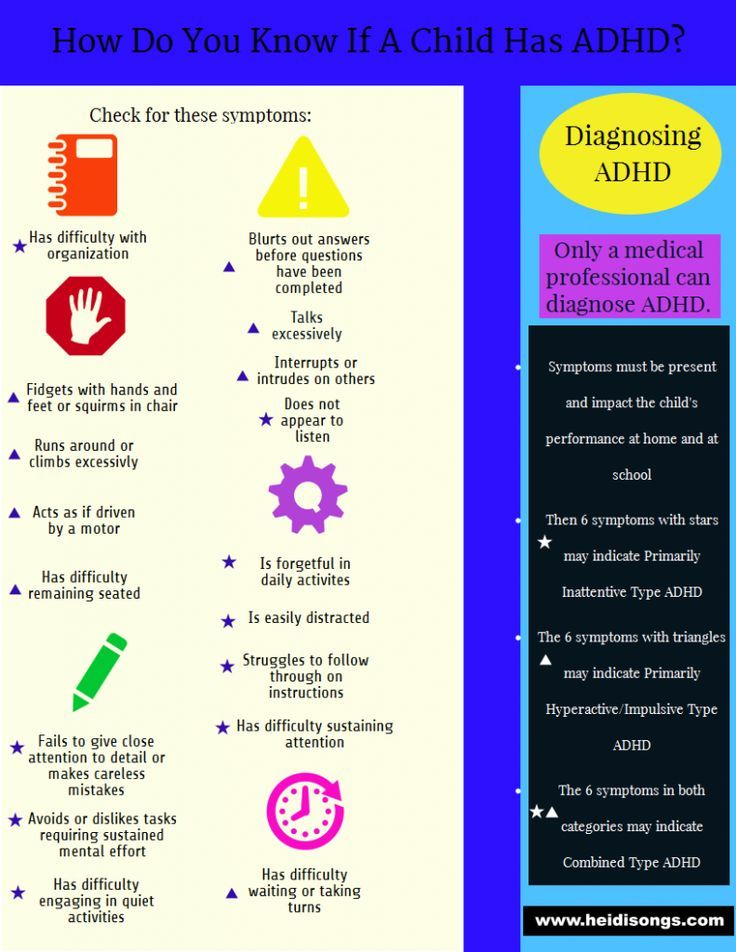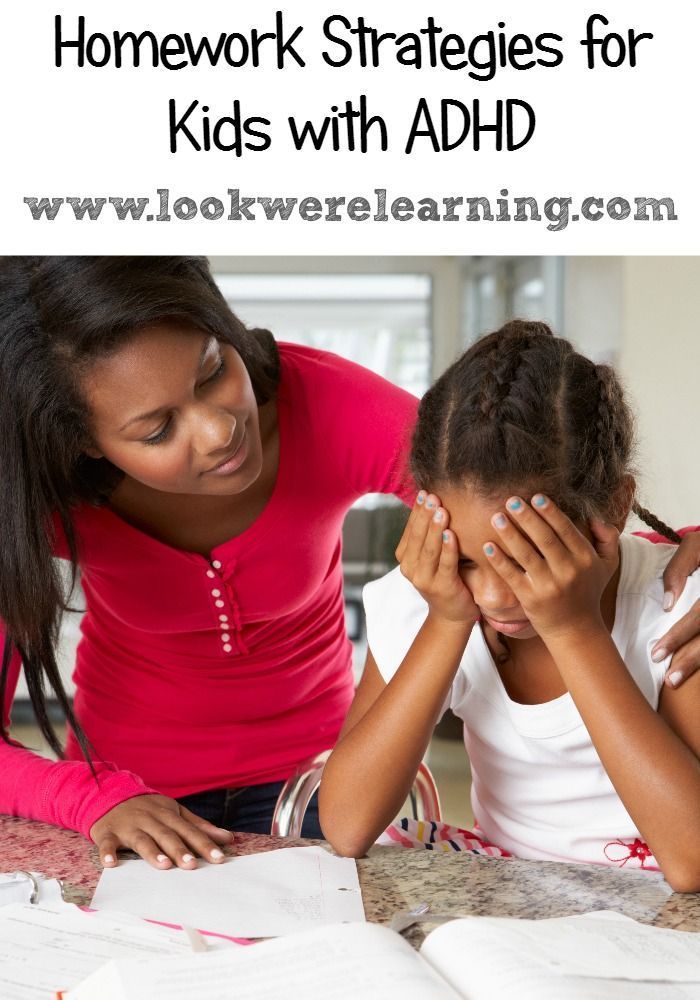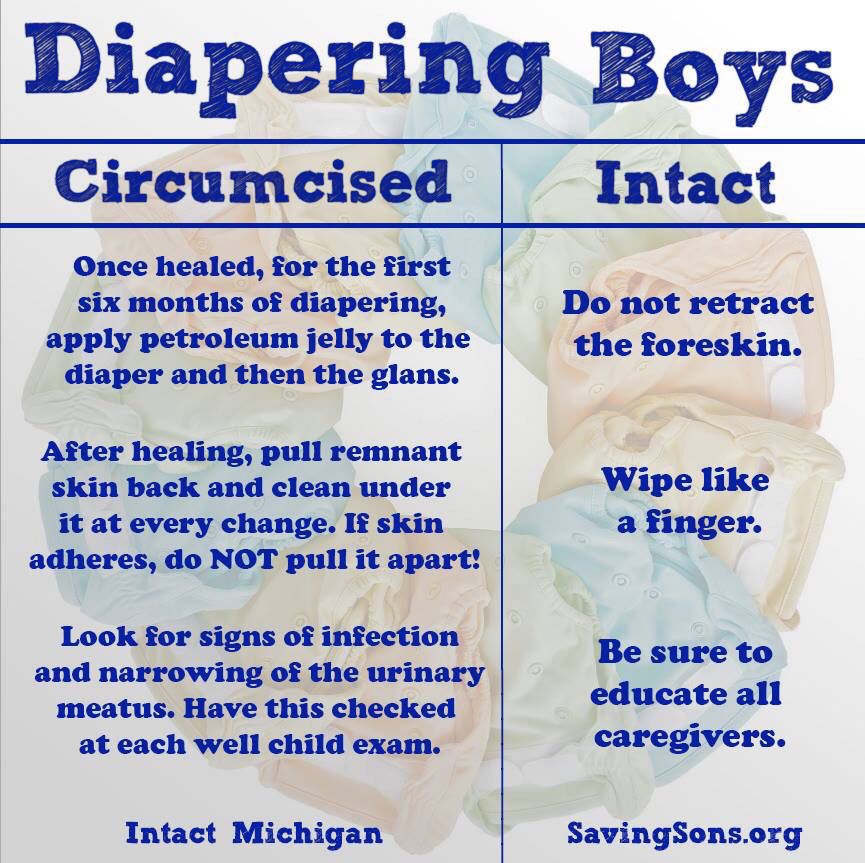How to handle restless child
How to Handle a Hyperactive Child without Losing Your Mind
Want to know how to handle a hyperactive child? I’ve got you covered with three big strategies and over 20 simple activities that can change everything for hyperactive kids. Improve focus, attention, learning, and communication!
Sometimes my house can feel a little crazy. On any given day, I can be washing dishes at the sink (I spend a lot of time there) while I watch what seems like pure chaos unfolding around me. I try to focus on the sound of the rushing water that’s coming out of the spout and not the loud screams and shrills of laughing and playing coming from my boys.
I see my son Isaac running through the living room, down the hallway, and back again, making a loop a few times before heading to the couch and jumping on it, kicking all the throw pillows onto the floor (and on top of the toys that are scattered across the carpet). He’s yelling or singing in a big loud voice, I can’t tell which as I turn to scrub crusty food off of another plate.
But, it’s not long before I feel him whiz by me on his way upstairs only to be found moments later dragging all sorts of pillows and stuffed animals downstairs to jump and crash on.
This level of activity, energy, or whatever you want to call it, can continue unceasingly, and, if I try to interrupt or yell from the sink, it seems as though not a person can hear me. I begin to wonder, “Am I invisible?”
Au contraire, I need not worry long because now somebody is hurt, crying, and calling for me.
Is your home anything like mine?
Some will say, “Oh, that’s boys.” But, I’ve seen girls have just as much energy, although maybe not as often. Others might say, “You’re not parenting him right, get him under control.” And, still others will wonder, “Is he hyperactive?”
Why is My Child Hyperactive?
Personally, I think the word “hyperactive” is a big blanket term to describe any kid that is particularly active, like my Isaac.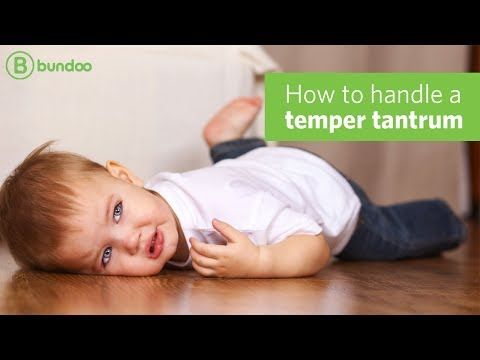 We use it to describe all sorts of behaviors, usually ones we don’t fully understand. To make it clear for this post, let’s define a hyperactive child as one that frequently seeks out movement and can have difficulty sitting still.
We use it to describe all sorts of behaviors, usually ones we don’t fully understand. To make it clear for this post, let’s define a hyperactive child as one that frequently seeks out movement and can have difficulty sitting still.
What makes some kids hyperactive? Well, there are tons of factors that include:
- Temperament – It’s who they are!
- Genetics – The apple doesn’t fall far from the tree, if a parent was “hyperactive”, well, you get it.
- Diet – Can play a role if it’s a high carb/sugar diet or possible food sensitivities are involved.
- Environment – If it’s wild and disorganized in a room, it often promotes the same kind of actions.
- Season – Winter months may increase hyperactivity because of less free play outdoors.
- Sensory processing – How a child takes in the sensations from their environment is totally unique and kids that are hyperactive may be wanting more of those sensations simply because of how their brain works! (More on this in a minute…)
For most “hyperactive” children, a combination of these reasons are likely in play.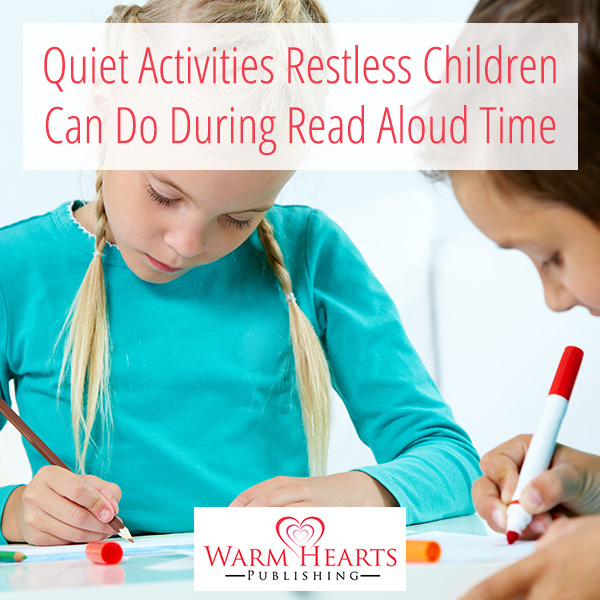 And, the reasons can vary from day to day and week to week. On top of that, some kids can be hyperactive on particular days or all of the time.
And, the reasons can vary from day to day and week to week. On top of that, some kids can be hyperactive on particular days or all of the time.
The Game Changer for Hyperactive Kids…
While any of the above reasons can affect a child’s hyperactivity, there’s one common denominator that’s often at the root of a hyperactive child or toddler, and that’s sensory. It’s almost impossible for hyperactivity and sensory not to go together, they’re like peanut butter and jelly. Hyperactivity is looking for more activity whether that means a child is tipping back on their chair, jumping on the couch again, or getting up from the table 20 times during dinner.
The brain is looking for MORE sensations and it won’t be satisfied until it gets it. That’s why our hyperactive kids keep pushing the envelope, seeming not to hear or understand us when we tell them to sit down.
It seems like they’re being bad or defiant. This makes us feel like bad parents, and I am speaking from personal experience.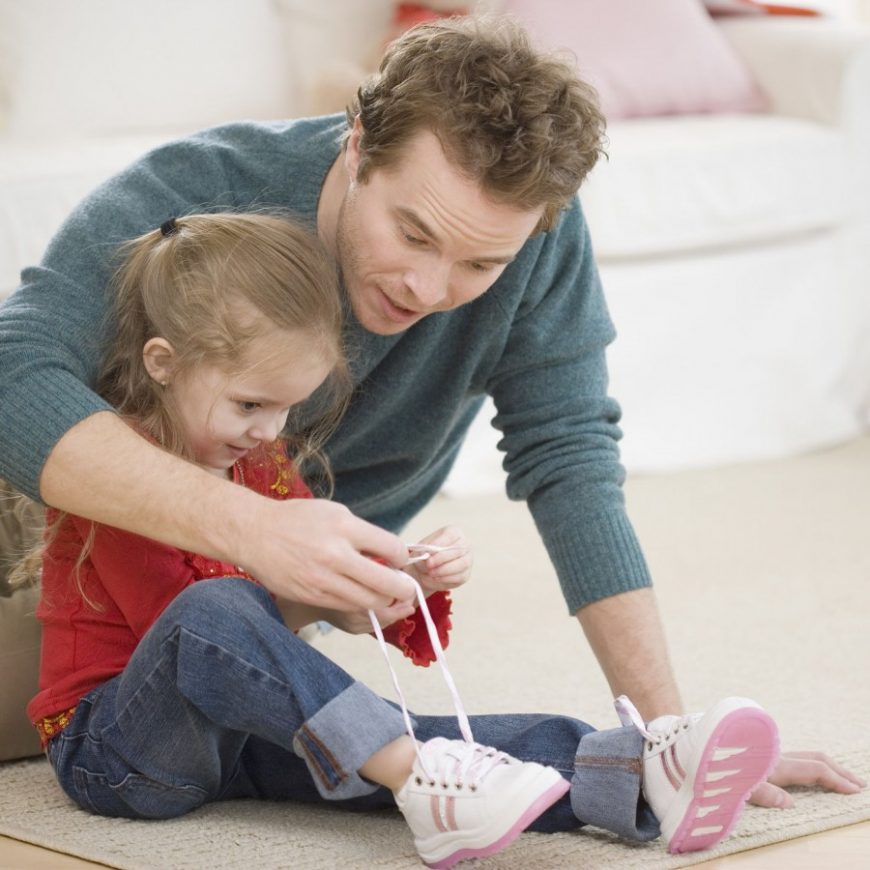
BUT, there’s a huge bright light at the end of the tunnel and that’s using sensory strategies to help us deal with and handle a hyperactive child or toddler.
Affiliate links used below. See our full disclosure.
How to Handle a Hyperactive Child
When I think about how to handle a hyperactive child, three different solutions come to mind. They are sensory-based strategies that I’ve used as an OT and as a mom, but more importantly, they work! Let’s take a look:
1. Offer activities with rhythm and structure – It’s incredibly important for hyperactive and energetic kids to have an outlet for all that energy. Stifling it, or trying to, often will make it worse. But sometimes, a free for all can make things much worse as well. There’s a difference between going outside and running around everywhere and running back and forth between two points. The latter is putting some structure to an open activity that may otherwise just make your child more hyperactive.
Then, to kick it up a notch, if you combine some structure with rhythm, the rhythm is often even more calming and organizing to the body and mind (this is one of the sensory tricks). For instance, singing a rhythmic song like, “The Ants Go Marching One by One” or a military chant-like phrase, “March, one, two, three” over and over again to a specific beat during the activity.
I know that may sound strange, but think about the sound of that military chant repeating in your mind right now. Do you want to lift your feet to march, do you feel a sense of calm? Those are common experiences and when we pair songs or chants with a rhythmic, repeatable beat to motions like jumping, marching, or running, it can calm kids down quickly.
Now take those ideas of structure and rhythm and apply it to these activities:
- Playing sports – This is built in structure. So many sports your child can play with you, a sibling, or friend in the backyard or safe space in the home. With tons of sports to choose from, you have endless options.
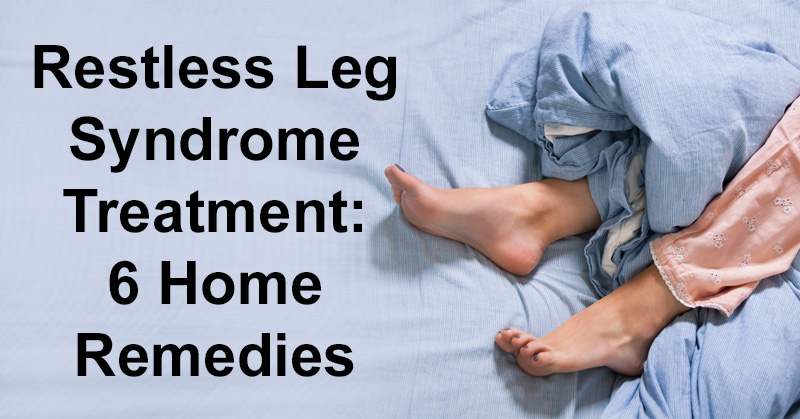
- Obstacle course – These don’t have to be too complicated, think about simple ideas like crawling over and under objects, walking on a line, and hopping to the finish line. Click here for more inspiration.
- Going for a walk or run
- Jumping on a trampoline – As in my above example, try singing or simply counting, which is also great for steady focus. We have one like this.
- Climbing – Use a staircase on hands or knees, a jungle gym, a tree, or if you’re lucky enough a rock wall.
2. Free Active Time – Yes, the total opposite of what I just told you. While structure is important for a hyperactive child, so is free play. A time when they can run wildly if they choose without anyone telling them to stop.
Sometimes it’s best to lead with a period of time where they have the time and space to run wild and do what they like. Great if this can be outside, but inside the home can work too. Set some ground rules about safe behavior, and if it’s hard to watch, maybe there are some dishes you can do!
Here are some specific ideas for free active time you could use with your child:
- Run around outside
- Play on swing set
- Jump on couch or bed
- Have a dance party
- Roughhouse or playfully wrestle together
If your child is really ramped up instead of calmed down after some free play, then you may want to transition to either the first or third strategy afterward.
3. Relax – This is usually the last strategy I use for a hyperactive kid and especially before bed or during activities they need to sit as still for as possible. These aren’t always necessary, it depends on your child and the day. But, hyperactive kids can have a particularly hard time going from a high energy level to a lower one, using some calming activities, like these can make a huge difference:
- Rocking – Either in a swing, hammock, or rocking chair.
- Swinging – Think porch swing, not a contest for who can go the highest on the swing set (which is a great activity and can be helpful in it’s own right, but if you’re going for relaxation, that may not be it).
- Dim lights – Don’t underestimate this subtle change. Sometimes, just dimming the lights can help calm a child.
- Organized room – An organized space with toys and items put away can also have a big impact.
- Music – Think soft, slower music.
- Changing light – At times, my kids use these slow changing night lights/diffusers to watch as they drift off to sleep.
 A lava lamp can have the same effect.
A lava lamp can have the same effect.
Having a hyperactive child can be exhausting, in every sense of the word, but don’t lose hope, these three solutions, either used independently or together can have a tremendous impact on your child’s life. One caveat though, don’t give up on these too soon. It’s so important that you try all of these strategies multiple times. It will take you and your child some time to figure out what’s working and what’s not.
Tips for the Hyperactive Toddler
While everything above definitely applies to the younger crowd, toddlers can be a bit of their own beast, so I wanted to share a couple of extra tips for hyperactive toddlers:
Use sensory bins – Might be best to try this after some structured movement time, but many kids will become very attentive and focused on exploring different textures, often for longer than they’ll do other activities. Head over to my list of sensory bins for ideas and how to make them educational too.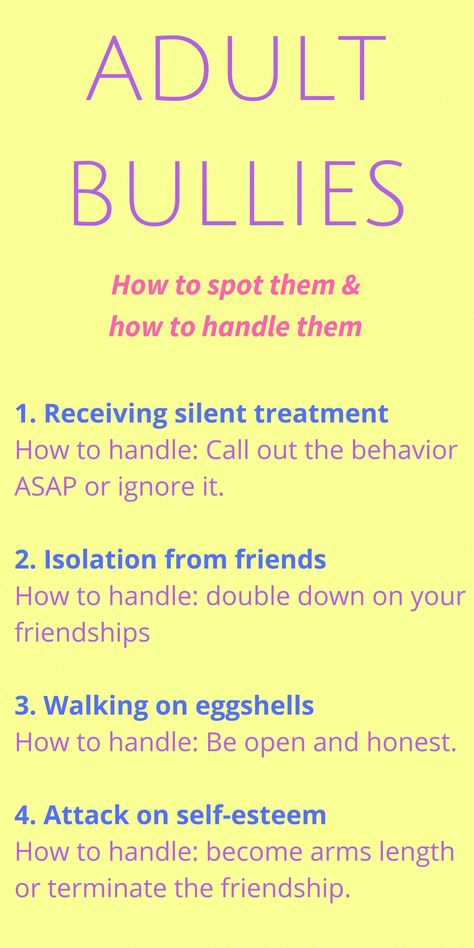
Riding toys – Most toddlers have one, have it out often and encourage your hyperactive toddler to ride it and push it around. It’s fantastic sensory input that will likely calm them down.
Pile the couch cushions on the floor – All kids love this, but it’s especially perfect for toddlers. The climbing and jumping will meet their sensory needs.
Decrease screen time – I know how much the TV or tablet can be a lifesaver, but watch how often your hyperactive toddler is watching it. More and more studies are showing that screen time actually increases hyperactivity (See this article). I’ve noticed in my house, with much older kids, that after we watch a movie, which isn’t that often, it’s like someone just lit a fire under their behinds. Their hyperactivity is through the roof!
Now you have a plan for how to deal with a hyperactive child or toddler! But, if you haven’t received it already, you need to grab my Sensory Red Flags You Might Be Missing Printable.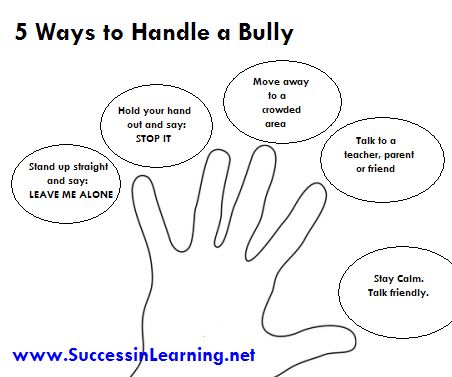 Whether sensory is new to you or not, it’s an important checklist to have.
Whether sensory is new to you or not, it’s an important checklist to have.
**Click here to grab your free printable!**
More Help for How to Handle a Hyperactive Child
Genius Activities for Sensory Seeking Kids
8 Steps to Keep Your Child Seated for Meals
Powerful Proprioceptive Activities that Calm, Focus, & Alert
Epic Messy Play List that’s Sensory-filled, Inspiring, and Easy!
And…
I’m behind the scenes on Instagram showing you my real-life, in action, strategies I use with my kids. You’re not alone. Come join me here.
Alisha Grogan is a licensed occupational therapist and founder of Your Kid’s Table. She has over 14 years experience with expertise in sensory processing and feeding development in babies, toddlers, and children. Alisha also has 3 boys of her own at home. Learn more about her here.
10 Tips For Coping With A Hyperactive Child
Fact-Checked
Step-by-step instructions and lists can help you and your child to stay organized and focused.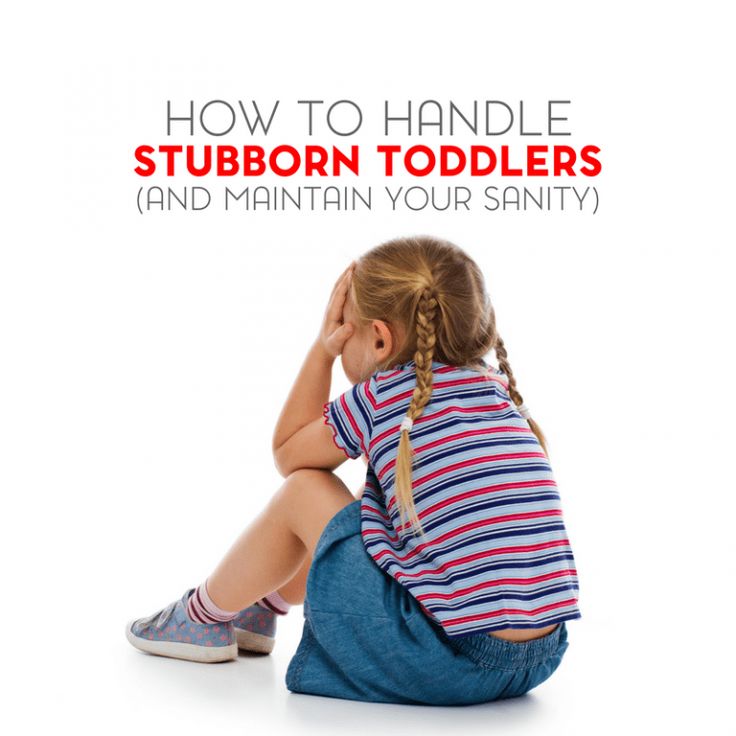 Shutterstock
ShutterstockCoping with a hyperactive child can be tough. A hyperactive child can seem unstable, bouncing from activity to activity with seemingly limitless energy. He or she may appear to have difficulty listening or following directions. He may perform poorly in school, getting less than acceptable grades and demonstrating behavioral problems. While there is no right answer to handling a hyperactive child, following a few tips can make coping with a hyperactive child a bit easier to bear.Establish Order
Many parents prefer to maintain a loose and relaxed household without an overabundance of rules. This laid back parenting style works well for many children. Hyperactive children, however, tend to have trouble in unclear environments. If you are coping with a hyperactive child, keep the household running in a clear and ordered manner. In this way, the child will know what is expected of him from day to day.Choose your Battles
It is important that you decide which issues are worth fighting. A hyperactive child is not a “bad kid.” Hyperactivity is caused by a psychological disorder known as Attention Deficit Hyperactivity Disorder. This is a problem with brain chemistry that affects the brain’s ability to pass information between brain cells. Therefore, it is not simply a matter of getting the child to see reason. Living within the constraints of daily life will be a struggle for him, so focus on the issues that truly matter and let other areas slide.Break Down Complex Instructions
A hyperactive child is not a “bad kid.” Hyperactivity is caused by a psychological disorder known as Attention Deficit Hyperactivity Disorder. This is a problem with brain chemistry that affects the brain’s ability to pass information between brain cells. Therefore, it is not simply a matter of getting the child to see reason. Living within the constraints of daily life will be a struggle for him, so focus on the issues that truly matter and let other areas slide.Break Down Complex Instructions
It is difficult for a child with ADHD to follow and remember a long list of instructions. Instead, break the task down into smaller chunks.
Insist that the child look you in the eye when you are explaining things and present the information in small, easy to digest chunks. Have the child repeat back each step.Writing instructions down can also help the child to follow them. A written, step-by-step list allows a hyperactive child to focus on one small step at a time. He or she can refer to the list to help jog his memory of what he was told and cross off steps as he completes them.Minimize Distractions
He or she can refer to the list to help jog his memory of what he was told and cross off steps as he completes them.Minimize Distractions
Things that most people never notice easily distract a child who suffers from ADHD. Therefore, tasks that require concentration, such as homework, should be performed in an area that provides minimal distractions. Seat the child comfortably in a location that is away from windows and doors. Allow her to move around but do not allow her to become distracted by other things.Be sure that the child understands that he is not being punished. Create a warm and inviting workspace. Tell the child that the workspace is to help her concentrate, and encourage her participation in designing a space in which she feels comfortable.Utilize Positive Reinforcement
Task completion is a huge struggle for a hyperactive child. Therefore, it is important that the child realize that the task is worth completing. Give praise and rewards whenever the child successfully completes a task. Also, allow her to reward herself by assigning tasks that lead to a prize, such as baking cookies.
Also, allow her to reward herself by assigning tasks that lead to a prize, such as baking cookies.
When coping with hyperactive child, do not worry that you may be “bribing” the child to participate. Positive reinforcement is a reward for getting through the struggle of task completion.Help the Child Create a To-Do List
Having a list of responsibilities of his own creation can help the child to build independence. A written list also gives the child a visual reference to use when he becomes distracted or forgets what he is supposed to do. Teach the child to refer to the list whenever he is bored or unsure what to do next.Do not punish the child for failing to complete the to-do list within a set period of time. Use positive reinforcement to reward the child for the tasks he does manage to complete. Allow the child the freedom to complete the tasks in any order rather than starting at the top and working his way down.Don’t Be Too Hasty With Medication
In today’s pill-popping world, coping with a hyperactive child may seem like just a matter of getting her onto medication.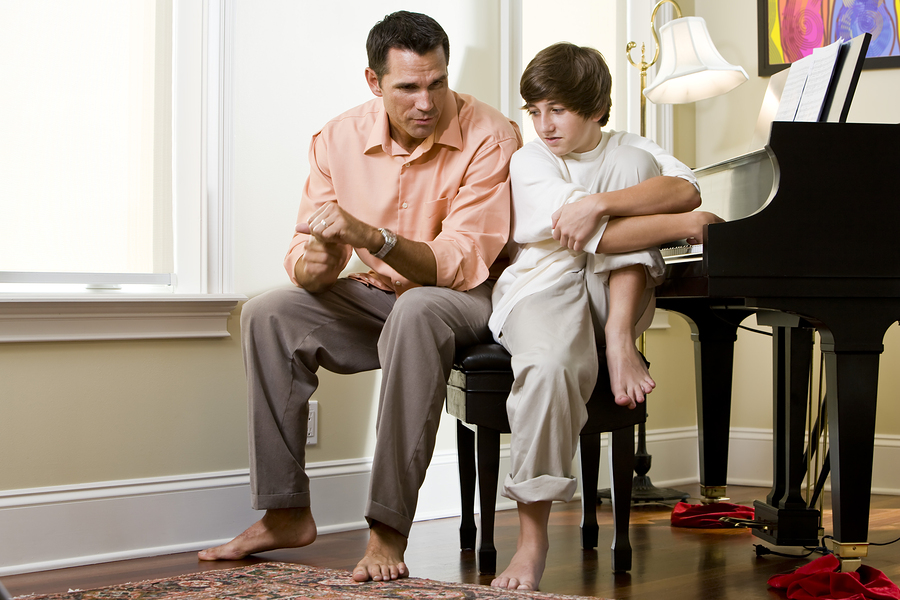 It is true that certain medications can help to balance out the brain chemistry of those who truly need them. However, medications carry side effects and should not be the default option. If behavior modification methods do not work over a period of time, then you and your child’s doctor should work together to decide if medication is required. This should be a last resort rather than a first choice, however.
It is true that certain medications can help to balance out the brain chemistry of those who truly need them. However, medications carry side effects and should not be the default option. If behavior modification methods do not work over a period of time, then you and your child’s doctor should work together to decide if medication is required. This should be a last resort rather than a first choice, however.
Provide Plenty of Unstructured Time
Is it merely a coincidence that the rates of hyperactivity appears to be going up at the same time that the number of schools providing a recess period goes down? Children need the chance to run around and simply play in an unstructured setting. As parents and teachers become increasingly busy, children’s schedules become more ordered than ever before. Be sure that any child, particularly one who shows signs of hyperactivity, has time to play outside every day.Advocate for Your Child
As soon as a diagnosis is made, a team of “experts” swoops in to give their opinions. From educators to doctors to specialists, everyone thinks that he or she knows what is best for your child. While each person means well, expert opinions are often conflicting and confusing. You know your child best, which makes you an expert on that child. Use cooperation and negotiation to develop a plan that incorporates others’ expertise on the disorder and your own knowledge of what motivates your child individually.Let people who will be responsible for your child know of his disorder. Coping with hyperactive child is difficult for those who understand, but downright trying for the uninformed. Discussing the situation in advance also gives you the chance to tell the person in charge about the methods you are currently using. Consistency in the child’s environment is important, so if you are using a certain reward or means of dealing with negative behavior, let the caregiver know what you are doing.
From educators to doctors to specialists, everyone thinks that he or she knows what is best for your child. While each person means well, expert opinions are often conflicting and confusing. You know your child best, which makes you an expert on that child. Use cooperation and negotiation to develop a plan that incorporates others’ expertise on the disorder and your own knowledge of what motivates your child individually.Let people who will be responsible for your child know of his disorder. Coping with hyperactive child is difficult for those who understand, but downright trying for the uninformed. Discussing the situation in advance also gives you the chance to tell the person in charge about the methods you are currently using. Consistency in the child’s environment is important, so if you are using a certain reward or means of dealing with negative behavior, let the caregiver know what you are doing.
>
Become Educated
Learn as much as you can about your child’s disorder. Read and digest any handouts or informational materials that you are given. Perform your own research as well; keeping in mind that information on the Internet is not always reliable. Stick to trustworthy sources for information. Do not allow yourself to be pushed into making decisions regarding your child’s treatment. Asking for a second and even third opinion is your right and responsibility. Ask questions to clarify points that you do not understand, and take as much time as you need to become comfortable in discussing your child’s problems. Coping with a hyperactive child presents a unique set of challenges. Following a few tips, however, can make the burden easier to bear. Help your child to focus by presenting information in easy to digest chunks and writing things down. Educate yourself about the child’s disorder and advocate for her with professionals and experts. Establish order and encourage others who interact with your child to do the same. In this way, you can maximize your child’s successes while minimizing his negative behaviors.
Read and digest any handouts or informational materials that you are given. Perform your own research as well; keeping in mind that information on the Internet is not always reliable. Stick to trustworthy sources for information. Do not allow yourself to be pushed into making decisions regarding your child’s treatment. Asking for a second and even third opinion is your right and responsibility. Ask questions to clarify points that you do not understand, and take as much time as you need to become comfortable in discussing your child’s problems. Coping with a hyperactive child presents a unique set of challenges. Following a few tips, however, can make the burden easier to bear. Help your child to focus by presenting information in easy to digest chunks and writing things down. Educate yourself about the child’s disorder and advocate for her with professionals and experts. Establish order and encourage others who interact with your child to do the same. In this way, you can maximize your child’s successes while minimizing his negative behaviors. Always Consult Your Physician First
Always Consult Your Physician First
It is helpful to prepare yourself with health information by reading and talking to friends, but always consult your doctor before taking medical action or changing your health routine. This information is not intended to replace the advice of a doctor. LifeScript disclaims any liability for the decisions you make based on this information. Is Your Teen Hanging Out With The Wrong Crowd?
If your teen was hanging out with the wrong crowd, how would you know? Have you noticed a change in behavior or a lack of respect for what used to be important? Bad influence from befriending the wrong people shows up in various ways and peer pressure gives teens a new attitude about life that may not be to the liking of all parents. Is your teen hanging in the wrong crowds?
By subscribing you agree to the Terms of Use and Privacy Policy.
5 Smart Ways to Help College-Bound Students With ADHD Succeed
Signing up for any accommodations the school offers, such as extended time on exams, can help college students with attention deficit hyperactivity disorder. ..
..
By Julia Métraux
Gut Health and ADHD: Is There a Link?
Emerging evidence of a significant link between ADHD and certain bacteria in the gut has researchers pondering the possibility of new, more effective ...
By Julia Métraux
8 Myths About ADHD, Debunked
Ever heard the tale that sugar causes ADHD? Here’s why that’s a myth — and learn what really causes this condition.
By Michelle Pugle
Are You Simply Easily Distracted or Do You Have ADHD?
An estimated nearly 8.5 percent of children and 2.5 percent of adults in the United States live with attention deficit hyperactivity disorder, or ADHD...
By Michelle Pugle
5 Ways to Cope With ADHD During the Holidays
The hustle and bustle of the holiday season can be stressful with a capital 'S' for people with ADHD. Luckily, you can take back the joy with these expert...
Luckily, you can take back the joy with these expert...
By Michelle Pugle
Restless baby - how to improve sleep and feeding
Restless baby does not go to bed at the "right" time, often wakes up at night and is naughty when feeding, which has a bad effect on his development. What explains poor sleep and restless behavior during meals and how to help the baby, we will find out from the pediatrician, medical consultant of the SMART-MAMA project Polina Aleksandrovna Kizino.
— Polina Alexandrovna, many young parents have a restless newborn child. What are the reasons for this?
- Restless feeding and restless sleep may or may not occur separately.
Restless sleep in infants
— It is important to understand that during the first month the baby sleeps restlessly due to physiology. It adapts to new living conditions, including the mother's ability to establish lactation. In most cases, the baby will ask for food and fall asleep after feeding. Over time, the baby will move to longer intervals between feedings and will wake up less often.
In most cases, the baby will ask for food and fall asleep after feeding. Over time, the baby will move to longer intervals between feedings and will wake up less often.
When there are frequent awakenings
| Periods of lactation crisis during breastfeeding | Nutrition is calculated based on the baby's body weight. And the higher the weight of the baby, the more energy he needs, and therefore more nutrition. But during periods of growth spurts, the mother's body does not have time to adapt to the increased needs of the child, and at some time the baby begins to ask for the breast more often both day and night. |
| Breast or bottle sucking has become an association with sleep | At three to four months, babies become very sensitive to the way they lie down. And if the baby falls asleep with the help of a breast or a bottle, then the mother will have to feed him and help him calm down. |
- Such stories of restless sleep and frequent feedings are not uncommon not only at four months, but also at a year and a half, and even closer to two years, if the parents do not take any action.
Baby suckling restlessly at the breast
— If the baby behaves restlessly during feeding, the reasons are also varied:
- wrong breast latch;
- breast overflowing with milk;
- lack of milk during lactation crisis;
- abundance of gas in the intestines, etc.
Due to the variety of reasons for a child's anxiety, it is very important for a mother to see a doctor in order to accurately determine the problem.
— At what age are children most likely to be restless?
- Everything is very individual, but several critical periods can be distinguished.
1. The first weeks of microflora formation
— After childbirth, the intestines are gradually populated first by some microorganisms, then by others. And at a time when its own microflora is not yet balanced, a newborn may have transient intestinal catarrh - loose stools, increased gas formation, anxiety.
2.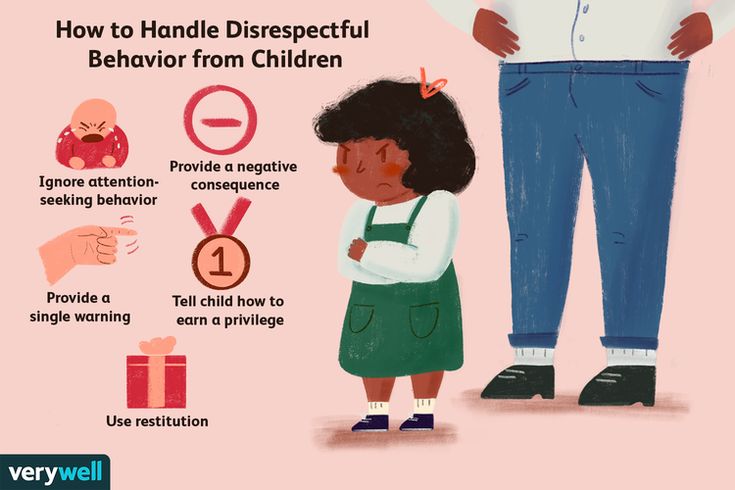 Up to 4-6 months due to the inability to poop
Up to 4-6 months due to the inability to poop
- At this age, children still cannot coordinate all the muscles that are involved in the process of defecation, and when they urge, they cannot do anything, no matter how hard they try. You can help them, but sometimes it is better to let them learn how to empty themselves.
3. 1 month and about 4 or 6 months against the background of a lactation crisis
— Lactation crises for each woman proceed individually, so there is no need to wait for a problem at a specific time.
4. 1 month, 2, 5, 4 months, and so on, when there are growth spurts
— Anxiety is especially acute at four months, when the sleep structure is restructured: the child begins to wake up quite often. Sleep is a priority in the first year of life, and the baby needs help.
5. Mastering New Skills
- Each new skill you master brings a huge amount of experience. For example, when a child confidently begins to hold his head, he begins to see the world from a completely different angle, and, of course, this cannot but excite him. The processes of excitation in infants prevail over the processes of inhibition, therefore, during the first year of life, there are a lot of stages when the baby is restless.
For example, when a child confidently begins to hold his head, he begins to see the world from a completely different angle, and, of course, this cannot but excite him. The processes of excitation in infants prevail over the processes of inhibition, therefore, during the first year of life, there are a lot of stages when the baby is restless.
Each new skill leads to the fact that for about two weeks the child practices it in sleep, while awake and at any time of eating. This, of course, can leave an imprint on the behavior of the baby.
Symptoms and signs of anxiety that parents should look out for first
Feeding anxiety
| Anxiety during sleep
|
— How to understand that poor sleep and appetite are associated with anxiety, and not with colic or other problems?
- If the child does not sleep or eat well because of his discomfort, then there will be obvious symptoms - fever, a full tummy or other signs that need to be addressed. After that, the child will be able to sleep better and eat better.
It often happens that the baby's stomach is all right, there is no temperature, runny nose, rash on the body, but mothers are looking for "wrong" reasons and go to a neurologist. However, at the same time, they simply forget to evaluate the diet and sleep regimen - to see if something hurts the child, whether he can withstand the feeding and sleeping regimen, whether he is gaining weight and growth well.
If the weight and height are unsatisfactory, the child may be undernourished or, more rarely, the absorption of food due to lactase deficiency or an allergy to cow's milk proteins. Naturally, because of hunger, sleep will also be restless; there may even be a lag in development - if the situation drags on.
- Anxiety in a baby does not appear without a reason, and this is not a whim, right?
— There are reasons for any whims. It is also important to remember about the emotional and psychological background: have you played and talked enough with the child today, is it interesting for him to lie in the crib. The child is completely dependent on adults and is not even able to change the position of the body without their help.
— Does the emotional state of the parents affect the anxiety of the child?
— The emotional state of parents is a very important component in children's well-being. The baby communicates non-verbally: he does not yet know the meanings of words, he perceives mainly emotions, catching the tone of speech, reading the facial expressions of his parents. Therefore, he knows when mom and dad are in a good mood and when they are anxious, uncomfortable, sad.
Therefore, he knows when mom and dad are in a good mood and when they are anxious, uncomfortable, sad.
In addition, a small child sees himself through the eyes of adults who care for him and are nearby. And if the child observes that the mother is in a state of anxiety and sadness, then he adopts her mood and projects it onto himself. The baby does not yet have any markers of his own: he does not see himself in the mirror, does not realize what facial expressions he has, but fixes exactly parental emotions and begins to live them.
A very restless baby: how to help
| Folk remedies | Their effectiveness has not been scientifically proven. But when a mother strongly believes in folk remedies, she begins to calm down and relax herself when using them, and her level of anxiety is removed, this has a good effect on the child. |
| Special preparations | If the child's complaints have been discussed with the pediatrician and are medically proven by him after taking an anamnesis and medical tests, appropriate therapy can be prescribed. But if the child just does not sleep well, you need to build a regimen, and not take any medicine unreasonably. But if the child just does not sleep well, you need to build a regimen, and not take any medicine unreasonably. |
| Massage | Professional massage helps to get rid of, for example, excess gas in the intestines. Mom's massage provides prolonged contact and attention, which helps the baby to relax and feel more comfortable. |
| Sleep and wakefulness | Normalization of sleep and wakefulness, feeding and games, if there is no pathology, helps to calm down. With a clear daily routine for the baby, everything becomes extremely predictable, which means it is calm and safe. And it’s convenient for mom: she has a certain plan of action, and she doesn’t worry about the fact that something can go wrong. |
| Environment | A change of location can work as a distraction if the child is in pain: he will begin to look at everything new around him and get a little distracted from pain. But sometimes, for example, against the background of severe overwork of the child, such changes can become a negative factor. |
— When should parents contact a pediatrician?
— Everything is individual: some mothers cope with difficult cases on their own, and some are very worried and run to the doctor for any reason. In fact, it is very important that the mother is comfortable and calm. I always say: even if the cause of concern seems insignificant, but you are still worried, consult a doctor. Perhaps the doctor will see something that you did not notice. Of course, if the baby cries for fifteen to twenty minutes, you do not need to contact the doctors.
When to call an ambulance for a face-to-face examination of a child by a doctor:
- the child is very capricious, constantly worried;
- the child cries for several hours and does not calm down;
- the general condition of the child differs from the daily.
— Is it possible to teach a baby to sleep peacefully all night?
- This is absolutely real and happens sooner than parents think. But you need to understand that sleeping peacefully does not mean not asking for food. Up to a year, the baby has the right to eat once or twice a night - and then sleep peacefully.
But you need to understand that sleeping peacefully does not mean not asking for food. Up to a year, the baby has the right to eat once or twice a night - and then sleep peacefully.
To teach a child to sleep peacefully, parents need a certain scheme and willpower. Unfortunately, often children suffer from the inconstancy of adults and do not understand what is required of them. A lot depends on parental behavior: after all, the child somehow adapts to the rules that exist in the family.
Theoretically, by the age of three, a child can "outgrow" anxiety. But even before this age, neither the baby nor the parents need constant sleepless nights. Therefore, it is easier to find the strength in yourself, build a regimen and, in a relatively short period of time, come to a good sleep.
— Why do doctors not recommend forcibly forcing a child to eat and sleep?
— Getting to sleep is difficult: the child will only be more worried. You can guess the time for laying, and then the baby will learn this skill pretty quickly.
Refusal to eat happens for a reason: the baby does not eat because of illness, high temperature, when his body is not ready to absorb food. But older children may refuse food in protest or to make their parents worried.
Therefore, instead of feeding and putting the baby to sleep by force, it is better to analyze the possible causes of poor appetite and poor sleep, to understand how to do it in such a way as to normalize the situation. You can offer your child food at a different time, in different quantities, at a different temperature, put him to bed with new rituals - you need to find an approach to him.
— What is the risk of anxiety if it does not go away with age?
- Poor night sleep, constant lack of sleep will affect the development of the nervous system. During sleep, the nervous system is more active than during wakefulness. In a state of activity, the child works on the world around him, and when falling asleep, his brain focuses its attention on the functioning of internal organs, certain nerve connections are a very fragile system that must be in balance, which is important for the health of the baby and optimal child development.
Preventive measures to help prevent anxiety in the child:
- maintaining an adequate diet and sleep;
- walks and water procedures;
- child supervision;
- the ability to quickly assess his condition and respond to his needs;
- organization of a healthy life.
Usually, by the end of the first month, a mother learns to distinguish between types of crying, begins to understand what is bothering the child at a particular moment.
There can be many causes for concern in the infant, which must be differentiated together with the pediatrician during the examination in order to rule out any disease in the first place. But the restless state of the baby in the daytime or at night largely depends on the psychological state of the mother and the relationship of the parents. The child does not know how to regulate his condition. It is a big mistake to think that he will eat, sleep and calm down himself. The task of parents is to organize an adequate regimen of feeding, walking and sleeping so that the child has a comfortable state.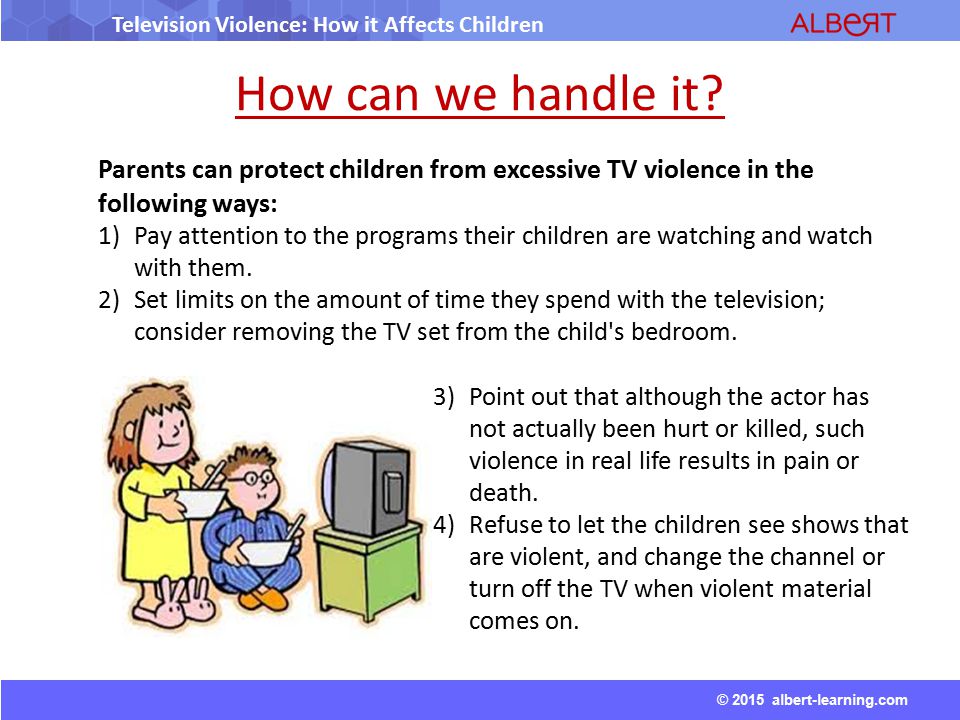 Warm emotional contact with the baby is also important.
Warm emotional contact with the baby is also important.
*The ideal food for an infant is mother's milk. WHO recommends exclusive breastfeeding for the first 6 months. MAMAKO® supports this recommendation. Before introducing new foods into your baby's diet, consult with a specialist.
How do I deal with my baby's restless sleep?
For many parents, restless newborn sleep is the norm, because everyone knows that small children often wake up and scream in the middle of the night.
A newborn baby spends most of the day sleeping. At first, he does not sleep for only a few hours a day, and only after a few months this situation begins to change. Despite this, a baby's sound sleep lasts only about 2-3 hours in a row, and in some cases even less. Most often, children up to three months sleep a total of about 17 hours a day, starting from 3 months and up to six months - an average of 2 hours less, then up to a year - about 14 hours, and after 1 year - no more than 12-13 hours per day.
But the sleep of babies is not always sweet and serene, as parents would like it to be, newborns often grunt, shudder and scream. In most cases, this is considered completely normal, but parents still need to understand the causes of their child's restless sleep and find a solution.
| The most common cause of restless sleep or frequent awakening of a newborn is hunger. Just the baby's empty stomach makes new parents wake up most often at night. But on the other hand, mothers cope with this problem quickly enough, you just need to adjust to the diet of the newborn. | |
| Another very common reason for waking up babies is colic. Intestinal colic is a problem directly related to the imperfection of the digestive tract in infants. The fact is that in the womb, the child consumes all the necessary and useful substances through the umbilical cord, while the intestines do not function all the time. | |
| By far, the simplest and most easily eliminated reason for a child to sleep restlessly is a dirty diaper. Even the most inexperienced parents probably know how to fix this problem. In this case, the most important thing is to identify the cause of the baby’s discomfort as soon as possible and then he will continue to sleep sweetly and soundly. | |
| Also, the cause of restless sleep of the baby may be increased muscle tone (hypertonicity) - one of the most common neurological problems. In this case, your baby definitely needs to see a doctor who will help fix the problem. | |
| As you know, one of the most painful processes in a child's body is when teeth are being cut. Although this is a natural process, unfortunately, it causes great discomfort and very severe pain, which directly affects both the sleep of the baby and the sleep of the parents. Various special ointments, as well as teethers, can help to cope with this difficult period. | |
| Sometimes the cause of poor sleep in babies may be that they “confuse” day with night. Most often this happens only in the first couple of weeks of life, because at this time the baby is not quite used to new conditions for him. Over time, he adapts himself and begins to independently and correctly navigate the time of day. |
Of course, not all parents can quickly and accurately determine what exactly worries the baby in the middle of the night, especially if the diaper is dry, the baby is full, and the teeth have not yet begun to cut. All this comes only with experience. However, there are some universal tips to help your baby sleep better and sounder:
-
Carefully monitor the timely and proper nutrition of the newborn. After feeding, to avoid colic, take the baby in your arms and gently pat on the back so that he would burp.
-
Keep an eye on the external conditions necessary for a restful sleep of the baby. The temperature in the room should be around 18-22 degrees and slightly humid air. The child should be comfortable sleeping and nothing should interfere.
-
For a deeper and more sound sleep of the baby, you can use a special cocoon for newborns, which creates a feeling of safety and comfort, as in the womb.

-
Be sure to develop a daily routine, and then constantly adhere to it. Try to feed and put your baby to bed strictly according to the schedule.
-
Right before bedtime, you should not engage in active games with the child, because this will seriously make it difficult for him to fall asleep.
-
If you and your child often walk in the fresh air, perform the hygiene procedures necessary for him, and the baby himself actively plays during wakefulness, then you can be almost sure that at night your baby will sleep soundly and calmly.
And yet, newborns also dream. And the nature of their dreams, of course, depends on what kind of atmosphere surrounds the baby. When there are only positive emotions in the family, then dreams will be the same. That is why it is so important that the newborn is surrounded by a caring family, and only gentle and warm words are heard from loved ones. After all, the main guarantee and guarantee of a restful sleep for a baby is the love and care of parents.
 If he does not get his daily allowance, then severe anxiety can accumulate. This will affect feeding, games, and development: the child will only hang in the arms of his mother.
If he does not get his daily allowance, then severe anxiety can accumulate. This will affect feeding, games, and development: the child will only hang in the arms of his mother.  And after birth, the baby begins to receive food in a different way, and the intestines need to get used to receiving and processing food. This process causes colic, which is accompanied by painful sensations. But preventing the development of colic, as well as alleviating them, is not so difficult, there are already special drugs that can be given to newborns.
And after birth, the baby begins to receive food in a different way, and the intestines need to get used to receiving and processing food. This process causes colic, which is accompanied by painful sensations. But preventing the development of colic, as well as alleviating them, is not so difficult, there are already special drugs that can be given to newborns.  Massage, coniferous or mint soothing baths, and in very serious cases, special prescription drugs prescribed by a doctor that reduce muscle tension can help to cope with hypertonicity.
Massage, coniferous or mint soothing baths, and in very serious cases, special prescription drugs prescribed by a doctor that reduce muscle tension can help to cope with hypertonicity.  In the meantime, this has not happened, it is better for parents to adapt to a regime that is convenient for the child.
In the meantime, this has not happened, it is better for parents to adapt to a regime that is convenient for the child. 